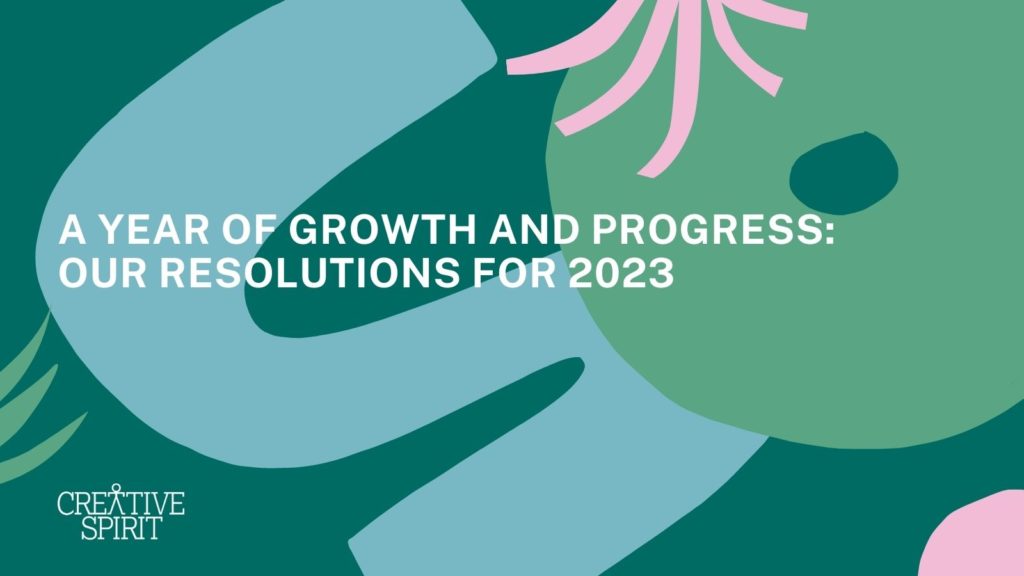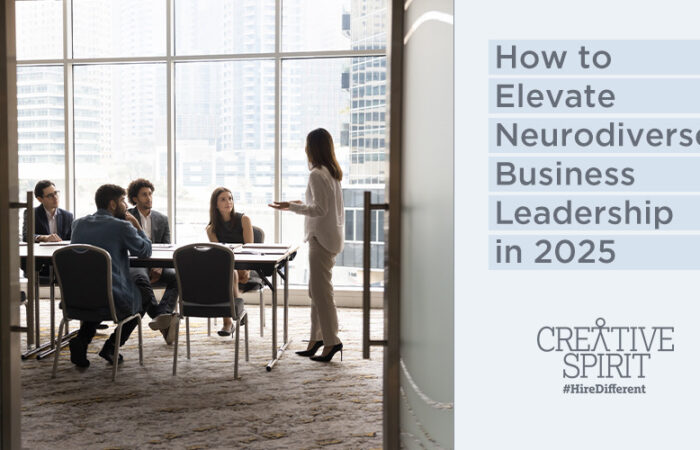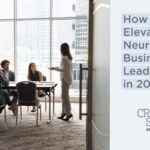By: Menachem Rephun, Creative Spirit Communications Manager

2023 is here! As always, the start of a new year brings the opportunity to reflect on our growth and progress in improving employment inclusion for people with disabilities. Although there are areas where improvement is still needed, 2022 showed a number of positive and encouraging trends. According to the Disability Equality Index report, the overall Disability, Equity, and Inclusion (DEI) participation of companies increased by 30% in 2022 compared with 2021. The report also found that 96% of companies offer flexible work options; 61% make job interview candidates aware of the option to request accommodations for the interview; and 91% require all of their U.S.-based locations to be accessible and usable to all people. Additionally, 60% of businesses have implemented company-wide external hiring goals for people with disabilities, and 30% have a Senior Executive internally known as being a person with a disability. Unfortunately, only 4% of employees currently self–identify as having a disability, which is likely connected to anxieties about disclosure and biases that still persist among employers. As the DEI report notes, “the future of work must be accessible, diverse, and have a global reach. Companies that lean into progressively inclusive practices, rather than just primary-level ones, are well positioned for sustainable growth.” In this article, we’ll share some of our own resolutions for 2023, and practical strategies we believe can make a difference and level the playing field for employees and job-seekers with disabilities.
Making Diversity, Equity, and Inclusion a Reality
The phrase “diversity, equity, and inclusion” is often used, but what does it actually mean and look like in practice? For us, DEI entails developing an accessible, accommodating workplace culture that draws on the voices and experiences of people from all backgrounds and walks of life, including those who are neurodivergent. The disability rights movement has made huge progress in advancing DEI by breaking down stigmas and improving inclusion and representation for the approximately 61 million adults (and over 3 million children) in the United States with disabilities resulting in growth and progress. This reform was achieved through hard-fought activism and peaceful protests over the course of decades, which culminated in the passage of the watershed Americans with Disabilities Act (ADA), legislation designed to, among other things, protect individuals with disabilities from workplace discrimination. In 2023, our goal is to take those efforts even further through our candidate outreach, and our partnerships and collaborations with businesses and business leaders in media, technology, advertising, and other industries. We want to help employers develop practical, effective strategies to improve inclusion within their workforce. Donnebra McClendon, Global Head of Diversity, Equity, and Inclusion for the human resources software company Ceridian, suggests that employers build awareness of unconscious bias by encouraging employees to “review, question, and analyze their own personal biases and assumptions.” She recommends that organizations “set benchmarks and track their progress to assess how their efforts are moving the needle.” As McClendon explains, “Effective DEI strategies will help better support employees, build culture, and create a thriving business. Employees will feel more engaged as they show up to work every day – whether in person or online – feeling safe, connected, and heard.” She also recommends that employers implement a strategic training program to help employees understand how differences can impact the way that people work and interact.
“Diversity training helps employees understand how cultural differences can impact how people work and interact at work,” McClendon writes. “It can cover anything from concepts of time and communication styles to self-identity and dealing with conflict. Diversity training that is offered as optional tends to be more effective than that which is made mandatory.” By helping employers appreciate diversity and the enormous creativity and talent that people with disabilities contribute, as well as the fact that Creative Spirit has a pipeline of candidates ready and able to start working, we’re confident that in 2023, we’ll be able to improve our growth and progress for employment for neurodivergent individuals more than ever before.
A Year of #HiringDifferent
Creative Spirit’s biggest and most ambitious long-term goal is our #HireDifferent agenda, which involves placing at least 1 million candidates in fair-wage roles by 2030. In 2023, we plan on refining our coaching and mentoring services to connect with an even wider range of candidates, setting them on the path to meaningful and rewarding careers with roles that match their individual talents and skill-sets. We want to work even harder to help our candidates appreciate their own individual strengths and develop their confidence and preparedness for employment.
Through events like our annual fundraiser and gala, virtual panels on a wide range of disability rights-related topics, and much more, we plan to broaden awareness among business leaders, legislators, experts, and supporters about the importance of employment inclusion. Of course, as mentioned above, we also want to shift the mentality of employers towards appreciating and valuing the talents of those candidates. All employers should understand that fully including people with disabilities in the workforce and ensuring they have equal opportunities to succeed is both ethical and sound business practice. This year, we’re striving to make #HiringDifferent the gold standard for employers and businesses across the board.
Ending Subminimum Wage for People With Disabilities (14c)
As we enter 2023, nearly half a million Americans with intellectual and developmental disabilities are still working in sheltered workshops, being paid subminimum wage through 14c, a provision of the Fair Labor Standards Act (FLSA) of 1938. This year, we’re redoubling our efforts to help end this outdated and unjust policy by supporting legislative efforts like the Raise the Wage Act, which would raise the minimum wage from $7.25 to $15 an hour, and would also stop the government from allowing businesses to pay people with disabilities subminimum wage, and the Transformation to Competitive Employment Act (TCEA), which would financially support states and companies using 14c if they implement changes to support people with disabilities in real jobs. We’ll also be working closely with our partner organizations and supporters on Capitol Hill to expand public awareness of why ending 14c is so crucial. In the words of Larysa Kautz, President and CEO of Melwood, a nonprofit employing people with disabilities, “We have proven that, with proper training and adequate services, people with disabilities can be employed in competitive integrated or supported employment without the need for 14c.” Could 2023 be the year that legislation to end subminimum wage for people with disabilities is finally enacted? We’re determined to do everything in our power to make sure the answer is yes.
These are just a few of our many goals and resolutions for 2023, and we’re incredibly excited about all of the growth and progress we’ll make, with the tireless help of our outstanding partners and supporters. These include, but are not limited to; Karen Eisenbach, from Voya Financial; Gina Grillo, The Advertising Club of New York; Mack McKelvey, SalientMG; David Nobay, Mari Kim Novak, Sanjeev Rao, Jatinder Singh, Todd Stone, Andrea Sullivan, Anastasia Williams, Magda Yrizarry, and many others. Through our initiatives, outreach, programs, and events, we’re committed to making 2023 a truly transformative year in ensuring fair-wage employment for the millions of Americans with disabilities.






